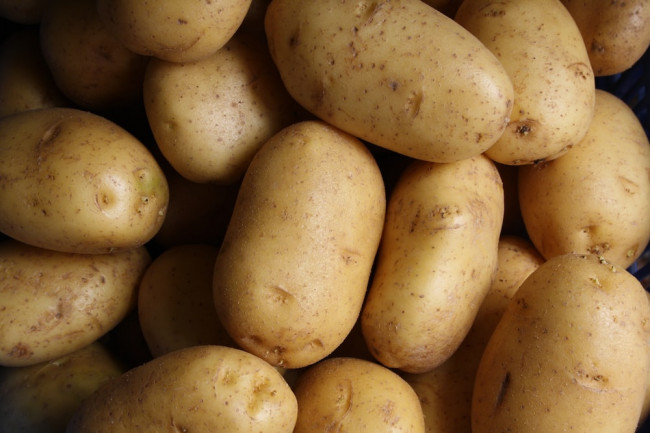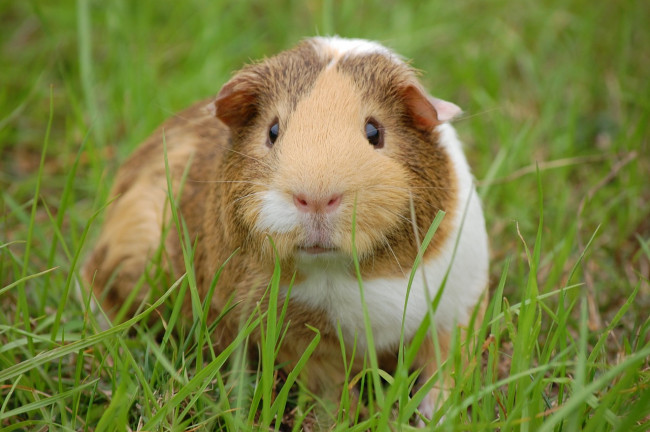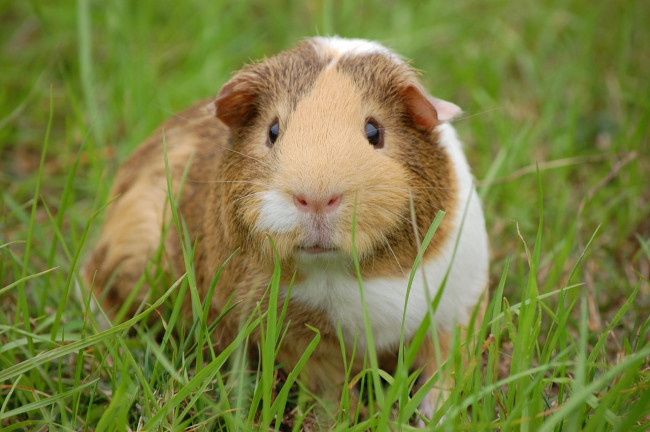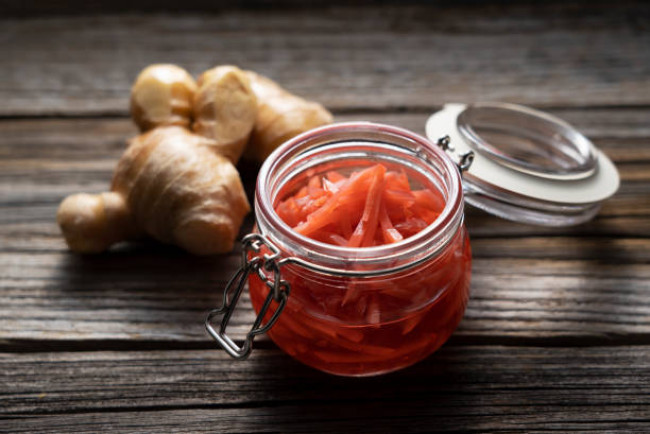Introduction:
Bearded dragons, beloved for their docile nature and striking appearance, are one of the most popular pet reptiles. As responsible owners, we always strive to provide them with a well-balanced and nutritious diet. While their primary diet consists of insects and leafy greens, you may wonder Can Bearded Dragons Eat Sweet Potatoes. In this blog, we'll explore the potential benefits and risks of feeding sweet potatoes to bearded dragons and provide expert advice to ensure the best care for your scaly companion.
1. Nutritional Value of Sweet Potatoes for B
: Sweet potatoes are a rich source of various nutrients, including vitamins (A, C, and B-complex), minerals (calcium, iron, and potassium), and dietary fiber. Additionally, they contain beta-carotene, a precursor to vitamin A, which is essential for a bearded dragon's overall health and vision. Incorporating sweet potatoes into their diet could potentially offer some nutritional benefits, but it should be done cautiously.
2. Moderation is Key: While sweet potatoes have some nutritional advantages, they should be considered a treat rather than a staple food for bearded dragons. The primary portion of their diet should consist of live insects like crickets, roaches, and mealworms, accompanied by leafy greens and other vegetables with higher calcium-to-phosphorus ratios.
3. Preparing Sweet Potatoes for Bearded Dragons: Before offering sweet potatoes to your pet, make sure to follow these essential preparation steps:
Thoroughly wash the sweet potatoes to remove any dirt or pesticides.
Peel the skin and cut them into small, manageable pieces. This makes it easier for your bearded dragon to eat and digest.
Steam or boil the sweet potatoes until they are soft. This helps improve their digestibility and reduces the risk of choking.
4. Potential Risks and Considerations: Despite the nutritional benefits, sweet potatoes do come with some risks for bearded dragons:
High Oxalate Content: Sweet potatoes contain oxalates, which can inhibit calcium absorption and potentially lead to metabolic bone disease in bearded dragons. As a result, they should be given sparingly to avoid any adverse effects on their health.
Sugars and Carbohydrates: Sweet potatoes are relatively high in sugars and carbohydrates, which may not be suitable for the bearded dragon's digestive system. Excessive consumption can lead to obesity and other related health issues.
5. Balancing the Diet: To ensure a well-balanced diet, consider offering a variety of vegetables and fruits in addition to the primary insect and leafy green diet. Opt for vegetables like bell peppers, squash, and green beans, as they provide essential nutrients without the risk of high oxalate content.
Conclusion: In summary, while bearded dragons can eat sweet potatoes, it's crucial to do so in moderation and with proper preparation. The nutritional benefits they offer can be a great addition to their diet if given occasionally and in small quantities. Always prioritize a diet rich in live insects and leafy greens while providing a diverse range of vegetables to maintain a healthy and happy bearded dragon. As responsible pet owners, understanding their nutritional needs is the key to providing the best care for these fascinating reptiles.
6. Monitoring Your Bearded Dragon's Health: As a responsible bearded dragon owner, it's essential to closely monitor your pet's health and behavior. When introducing sweet potatoes or any new food to their diet, observe how they respond to it. If you notice any signs of gastrointestinal distress, such as diarrhea or lack of appetite, discontinue feeding sweet potatoes immediately and consult a veterinarian.
7. Feeding Frequency: Sweet potatoes should only be offered as an occasional treat, not a regular meal. Aim to provide sweet potatoes once or twice a month at most. Remember, moderation is crucial to prevent any potential health issues from arising due to excessive consumption.
8. Variety is the Spice of Life: While bearded dragons can enjoy sweet potatoes in moderation, it's essential to offer a diverse array of foods to ensure they receive a well-rounded diet. Rotate different vegetables, fruits, and insects to provide a wide range of nutrients, promoting optimal health and preventing dietary imbalances.
Sweet potatoes are a rich source of various nutrients, including vitamins (A, C, and B-complex), minerals (calcium, iron, and potassium), and dietary fiber. Additionally, they contain beta-carotene, a precursor to vitamin A, which is essential for a bearded dragon's overall health and vision. Incorporating sweet potatoes into their diet could potentially offer some nutritional benefits, but it should be done cautiously.
2. Moderation is Key: While sweet potatoes have some nutritional advantages, they should be considered a treat rather than a staple food for bearded dragons. The primary portion of their diet should consist of live insects like crickets, roaches, and mealworms, accompanied by leafy greens and other vegetables with higher calcium-to-phosphorus ratios.
3. Preparing Sweet Potatoes for Bearded Dragons: Before offering sweet potatoes to your pet, make sure to follow these essential preparation steps:
Thoroughly wash the sweet potatoes to remove any dirt or pesticides.
Peel the skin and cut them into small, manageable pieces. This makes it easier for your bearded dragon to eat and digest.
Steam or boil the sweet potatoes until they are soft. This helps improve their digestibility and reduces the risk of choking.
4. Potential Risks and Considerations: Despite the nutritional benefits, sweet potatoes do come with some risks for bearded dragons:
High Oxalate Content: Sweet potatoes contain oxalates, which can inhibit calcium absorption and potentially lead to metabolic bone disease in bearded dragons. As a result, they should be given sparingly to avoid any adverse effects on their health.
Sugars and Carbohydrates: Sweet potatoes are relatively high in sugars and carbohydrates, which may not be suitable for the bearded dragon's digestive system. Excessive consumption can lead to obesity and other related health issues.
5. Balancing the Diet: To ensure a well-balanced diet, consider offering a variety of vegetables and fruits in addition to the primary insect and leafy green diet. Opt for vegetables like bell peppers, squash, and green beans, as they provide essential nutrients without the risk of high oxalate content.
Conclusion: In summary, while bearded dragons can eat sweet potatoes, it's crucial to do so in moderation and with proper preparation. The nutritional benefits they offer can be a great addition to their diet if given occasionally and in small quantities. Always prioritize a diet rich in live insects and leafy greens while providing a diverse range of vegetables to maintain a healthy and happy bearded dragon. As responsible pet owners, understanding their nutritional needs is the key to providing the best care for these fascinating reptiles.
6. Monitoring Your Bearded Dragon's Health: As a responsible bearded dragon owner, it's essential to closely monitor your pet's health and behavior. When introducing sweet potatoes or any new food to their diet, observe how they respond to it. If you notice any signs of gastrointestinal distress, such as diarrhea or lack of appetite, discontinue feeding sweet potatoes immediately and consult a veterinarian.
7. Feeding Frequency: Sweet potatoes should only be offered as an occasional treat, not a regular meal. Aim to provide sweet potatoes once or twice a month at most. Remember, moderation is crucial to prevent any potential health issues from arising due to excessive consumption.
8. Variety is the Spice of Life: While bearded dragons can enjoy sweet potatoes in moderation, it's essential to offer a diverse array of foods to ensure they receive a well-rounded diet. Rotate different vegetables, fruits, and insects to provide a wide range of nutrients, promoting optimal health and preventing dietary imbalances.















